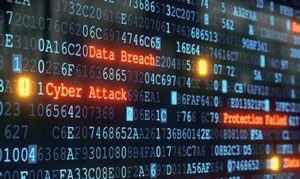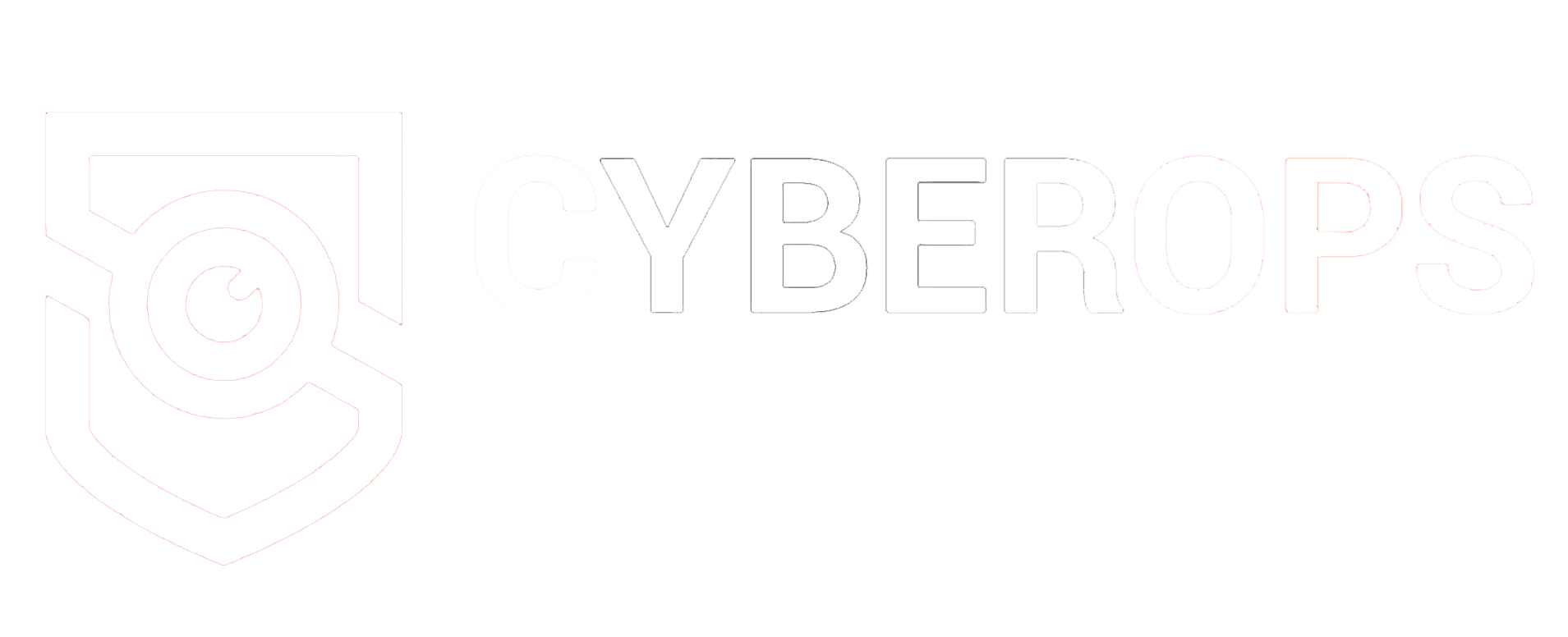The fundamentals of cybersecurity: Goals and objectives of the course
By Prempal Singh

The development of the information society involves the introduction of information technologies in all spheres of life, but this also means the emergence of new threats to security – from information leaks to cyberterrorism. In the draft Concept of Cybersecurity Strategy of the Russian Federation, cyberspace is defined as “the field of activity in the information space, formed by the aggregate of the Internet and other telecommunications networks and any forms of human activity (person, organization, state) carried out through their use”, and cybersecurity as ” in which all components of cyberspace are protected from the greatest possible number of threats and impacts with undesirable consequences iyami “. In this regard, the importance of the “culture of safe behavior in cyberspace” becomes very important.
In accordance with the “Strategy for the development of the information technology industry in the Russian Federation for 2014-2020 and for the future until 2025”, approved by the decree of the Government of the Russian Federation
No. 2036-r of November 1 , 2013, “The Strategy for the Development of the Information Society in the Russian Federation” , approved by the President of the Russian Federation on February 7, 2008 No. Pr-212 and a number of other documents, among many other tasks are:
- provision of various spheres of the economy with high-quality information technologies;
- ensuring a high level of information security of the state, industry and citizens.
Security in the information society is one of the main directions of fundamental research in the field of information technology.
Computer technologies are used in the study of almost all school disciplines from the junior classes, therefore, as indicated in the “Strategy for the development of the information technology industry in the Russian Federation”:
“It is necessary to improve the modern professional training of computer science teachers and teachers of disciplines in the field of information technology”, and hence in the field of cybersecurity. Cyberthreats exist wherever information technology is used, therefore, the teacher of any discipline can face spam, viruses, computer burglary and many other problems in professional activity, which need not only to react quickly, but also to the extent possible prevent their occurrence, and therefore, constantly mention in the context of the lesson various aspects of the organization of information security. The teacher should have an idea of the current level of development of computer technology, information networks, communication and navigation technologies.
Given the growing number of threats to information activities and the rapid development of information technology, it seems necessary to include in GEF appropriate requirements, which would organically supplement the educational process with new modules without disagreement with the available curricula. Among the requirements for the results of the preparation of students, it is necessary to include not only “the satisfaction of cognitive interests, the search for additional information” 1, knowledge of “technical devices (including computers)”, the ability to “search information using the search rules (query building) in databases, computer networks, use a personal computer and its peripheral equipment; follow the requirements of safety, hygiene, ergonomics and resource-saving techniques when working with information and communication technologies “, but also knowledge of the basics of cybersecurity, the ability to comply with the requirements of cybersecurity in practice and organize the security of the personal
information space.
It should be noted that currently GEF requirements for the levels of primary, general and full secondary education do not contain the subject area “Fundamentals of Cybersecurity”, but within the meta-subject results and subject skills of the “Informatics” discipline, the issues of information security are designated:
- the requirement to develop the skills and skills of safe and appropriate behavior when working with computer programs and on the Internet, the ability to comply with the norms of information ethics and law;
- the ability to use the means of information and communication technologies in solving cognitive, communicative and organizational problems in compliance with the requirements of ergonomics, safety engineering, hygiene
, resource saving, legal and ethical norms, information security standards; - understanding the basics of legal aspects of using computer programs and working on the Internet, etc.
The basis of the course “Fundamentals of Cybersecurity” is the model of continuous information education in the school, and cybersecurity issues should be constantly considered both in the study of computer science and other subjects. Therefore, one of the objectives of the course is to improve the qualifications in the field of cybersecurity of teachers of all disciplines, in which computer technologies are used in one way or another. The most obvious is the possibility of supplementing cybersecurity issues with computer science lessons, if the school curriculum provides for its study throughout the school course. However, it is possible to include modules on cybersecurity in the courses “The World around”, “Fundamentals of Life Safety”, “Technology”, “Social Studies”
The task of the course “Fundamentals of Cybersecurity”
- improvement of school education and training in the field of information technology, as well as the popularization of professions related to information technology. The purpose of studying the “Fundamentals of Cybersecurity”
- to give general ideas about security in the information society and on this basis to form an understanding of information security technologies and the ability to apply cybersecurity rules in all areas of activity.
The educational goal of the course is the formation of a culture of intellectual work and interaction with others on a qualitatively new level, a responsible attitude to safety issues.
